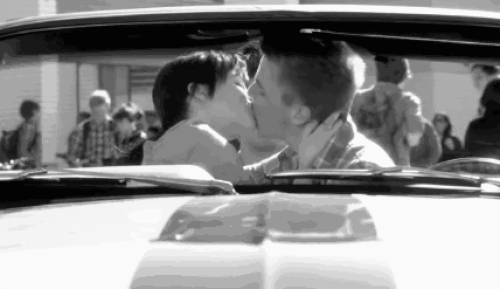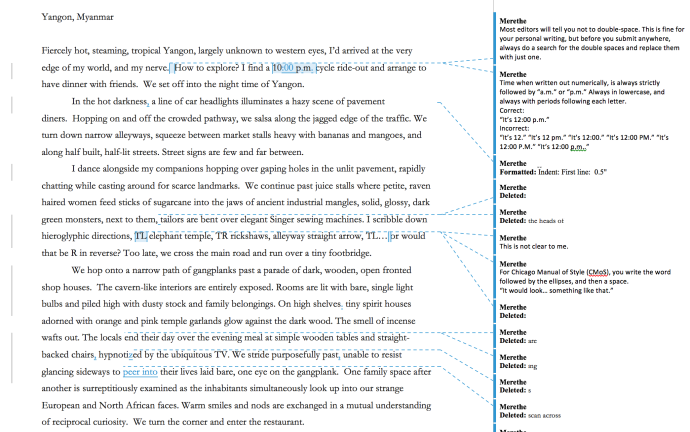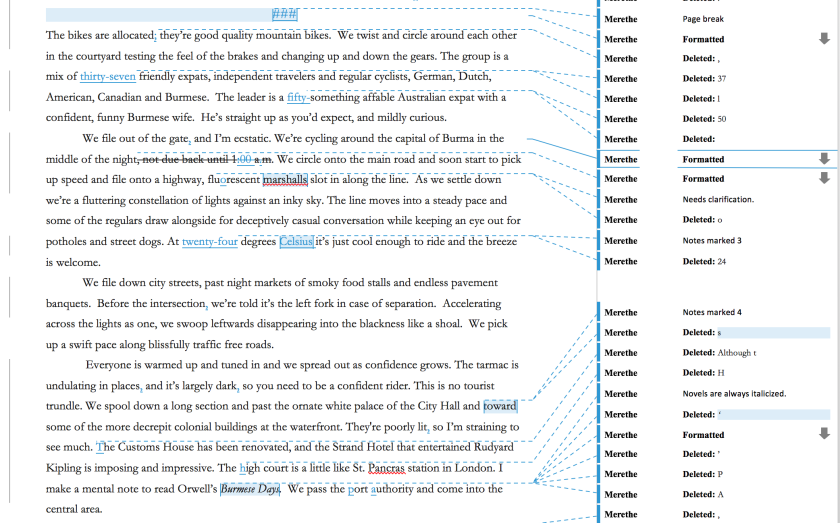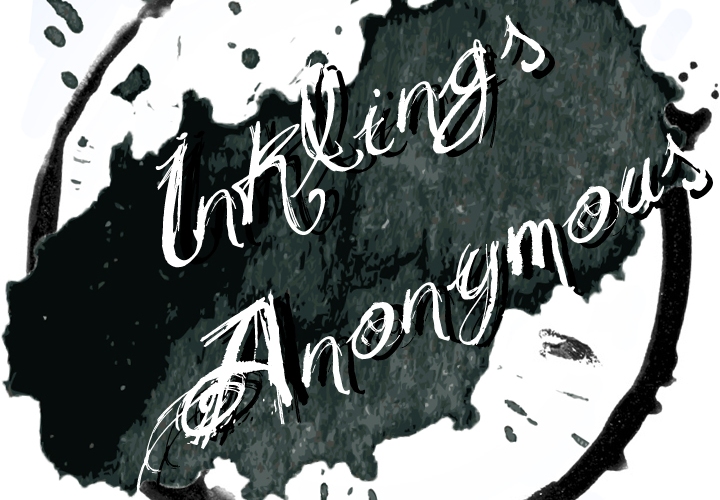“Indie authors… there’s a reason none of them have been traditionally published. Most of them need to…leave the writing to the writers who are actually good at it.” — Actual quote from a book group I’m in.
When it comes to writing, criticism is easy to come by but difficult to receive. And given that writers are a notoriously delicate, brooding bunch, it’s not hard to understand why sorting through the criticism chaff to get to the good advice wheat is one of the hardest things to do as an author.
You’ve created this book baby. You birthed it from your own head, fed it all of your fears and hopes and dreams, watched it grow, helped it overcome obstacles and form into a coherent being… and then handed it over to a group of people with eager red pens and asked them to tell you all of the ugly, bad things that are wrong with it.
It’s one of the hardest things you’ll ever do. It never gets easier, no matter how many times you go through it.
And if that weren’t enough, you have to keep going through this process, day in, day out, for the rest of your life, facing criticism, backlash, and yes, bad reviews. And some of these reviews might be nothing more than a misunderstanding or someone who is the polar opposite of your target audience buying the book and making your day suck, but some might have valid points. And those are the ones that will really keep you up at night, wondering if you’re a crap writer after all.
In the writing world, some people are so incredibly eager to cut down someone else’s book, it’s astonishing. And many of these unhelpful remarks get unfairly pointed toward indie and self-published authors by people who have never written a book themselves (or take their job as an indie book reviewer a touch too seriously). It’s completely, totally, unabashedly unfair.
And it’s also an accusation that’s fully baseless.
Just because a book has been published by an indie or self-published author does not automatically make it crap.
It doesn’t mean that the book couldn’t stand the test of going through a traditional publisher. It doesn’t mean that it’s not any good and shouldn’t ever be read. And it’s not even just readers that have this unfair bias against indie/self-publishers. It’s also other writers who look down their noses at self-publishers with scorn because they haven’t “passed the trials” that other writers had to.
“But,” you might say, “there are some really, truly, 100 percent awful self-published books that the writer had no business sharing with the world.”
To be perfectly honest, I agree with you. Some of the self-published books I’ve seen and edited are so bad they could curdle milk. But does that bring down the self-publishing market for everyone? No. Does it flood the market? Sure. Does it make it more difficult for your book to be seen? Not if you’re marketing, no.
That’s like saying because some indie movies sucked, that all indie films are awful and lesser than their blockbuster compatriots and not worth watching. But this isn’t true. Amazing indie films get released all the time while the not-so-great ones continue to pour in around them. That’s just the creative process. And once upon a time, your favorite director or author might have been down among those “lesser” indie creations, trying to learn how to get better.
It’s the same thing in the book market. The only reason that you might struggle to make room with indie or self-published authors is if you’re publishing through Amazon’s Kindle Direct, which encourages everyone to make their books as cheap as possible… But that’s another discussion entirely.
The truth is that traditional publishing doesn’t rest entirely on the merits of your work. Maybe you really struggled to get the words out in your query letter and the reader trashed it immediately. The agent or reader might just have a migraine and not really focus on your work that day. They could read literally the first line and hate the way you’ve introduced your character without reading further than thirty words into your entire 80,000-word manuscript.
This is 100 percent a real issue. I have talked to agents and publishers I’ve met at conventions about this. Yes, it really happens. There is literally nothing more inspirational than remembering that Harry Potter was rejected by publishers twelve times before a kid ended up reading it and loving it. But these stories of inspiration are few and far between, and it’s usually rejection for the majority of writers trying to get their work seen for a myriad of reasons — only a small portion of which might be their actual work.
In the real publishing world, it isn’t just that you’re competing with other writers and vying for that golden pedestal position. It’s a battle against timing, opportunity, and sheer dumb luck. Sometimes you’ve got a great book but you can’t get it in front of a traditional publisher. Maybe they aren’t accepting unsolicited manuscripts. Maybe they’re not accepting new work, period. Maybe they’re full up on the genre your book is written in and don’t have plans to publish more for about a year.
An indie author’s writing and effort aren’t the only things affecting their rejection from traditional publishers. And when you want to publish your book and your traditional options are limited, it’s great to know that there are hundreds of indie publishers with great authors and support staff that can fit your needs and get that wonderful story out to the world at large.
For others, self-publishing is the best way. Sure, it costs more money up front, but it gives you complete control over your book’s content and production, marketing, and even art choices. Plus, there’s no one to split royalties with!
So next time you hear someone suggest that indie and self-published authors are all failed writers who couldn’t cut it, remind them that they didn’t stop watching movies even though they’d seen a few bad ones. We all saw The Phantom Menace, and yet somehow Star Wars is still hugely popular.
Don’t judge non-traditional writers on the failures of others in their same field. Give them a chance. Who knows? You might just find a new favorite author you never knew existed before.














 Notes 3. You definitely want to specify to your readers about anything related to temperature. Given that we Americans can’t figure out degrees in Celsius to save our hides, we instinctually fall back on the Fahrenheit degree base, and twenty-four degrees in Fahrenheit does not a pleasant bike ride make! If your readers might be from various parts of the English-speaking world, make sure to specify things like this just so they don’t have to double take to figure out what you mean.
Notes 3. You definitely want to specify to your readers about anything related to temperature. Given that we Americans can’t figure out degrees in Celsius to save our hides, we instinctually fall back on the Fahrenheit degree base, and twenty-four degrees in Fahrenheit does not a pleasant bike ride make! If your readers might be from various parts of the English-speaking world, make sure to specify things like this just so they don’t have to double take to figure out what you mean.







You must be logged in to post a comment.